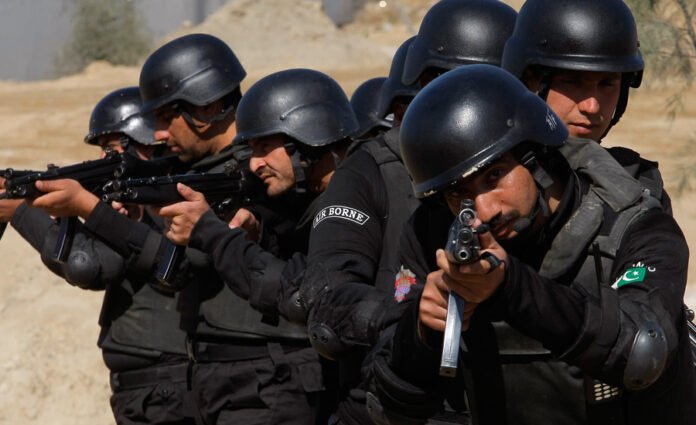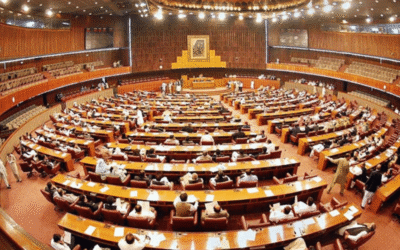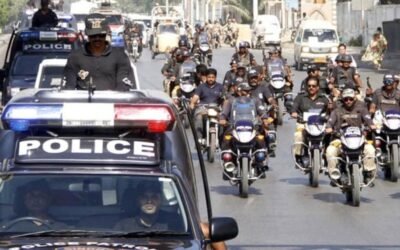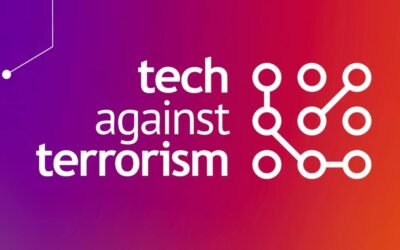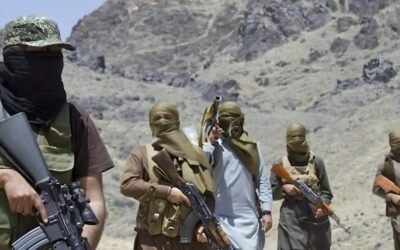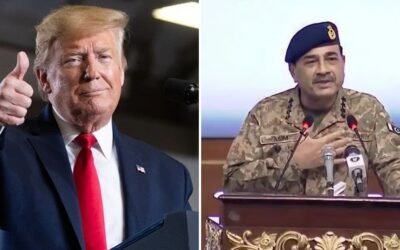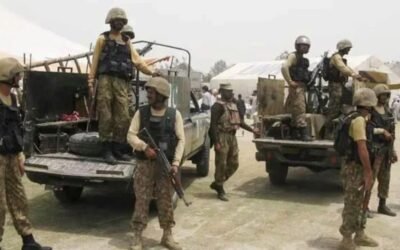Pakistan’s police forces and Counter-Terrorism Departments (CTDs) play a crucial role in ensuring the country’s and its people’s safety. Not only do they fight against terrorists on the front lines, but they also form the investigative backbone. However, despite their effectiveness in fighting violence, they are afflicted with issues such as resource gaps, inadequate training, and corruption. Recognizing and addressing these challenges through institutional reforms can strengthen Pakistan’s police force and secure longer-term gains as well as internal stability. This article provides an overview of some of the issues faced by the Police and CTDs that hamper their work.
Resource Gaps
Perhaps the most significant issue is that of inadequate allocation of funds. Compared to its neighbors, Pakistan spends a much smaller amount on internal security forces despite instances of urban terrorism. Police budgets are tight, which prevents them from modernizing equipment, technology, and obtaining protective gear. This affects the overall performance of the police force. Cities still fare better than districts that lack adequate working space, poor communication, and limited fuel for patrolling. CTDs, which are designed to handle counter-terrorism activities, are hindered by outdated forensic tools and limited cyber capabilities. This is especially problematic given the sophisticated networks terrorists have. With their current abilities, CTDs are not properly equipped to counter terrorism effectively.
The system is trapped in a vicious cycle. Police forces with inadequate equipment are less likely to stop terror attacks, weakening the public’s trust in them. This makes it more challenging to demand additional funding or resources. And so the cycle continues. Still, Pakistani law enforcement officers continue to carry out their responsibilities despite these tangible setbacks, frequently at considerable personal risk. Over the years, dozens of CTD and police officers have lost their lives in operations; this sacrifice highlights their dedication to public safety despite institutional neglect.
Training: Meeting Modern Threats with Outdated Skills
Countering terrorism in the 21st century demands sophisticated equipment and modern practices. These challenges can not be met with outdated skills. While terrorism continues to evolve, the training for Pakistan’s armed forces continues to remain the same. Training programs for both the police and CTDs are severely underdeveloped.

Source: DAWN
Training methods are still rooted in colonial-era practices, focusing on drill routines and rote learning. There is no emphasis laid on community engagement or investigation techniques. While CTDs have taken some measures to educate officers on surveillance, collecting intelligence, and bomb disposal, they remain inadequate to address the scale at which terrorism operates in Pakistan.
There are a few police academies that are underfunded. On occasion, international donors have stepped in to teach investigative skills alongside other new practices; however, these approaches need to be scaled up and institutionalized. More importantly, training programs should be implemented nationwide, rather than being focused solely on one province. Pakistan must invest in building its human capital – a corps of professional, talented, and driven officers who can blend traditional policing with cutting-edge investigative and intelligence methods – if it hopes to stay up with sophisticated criminal and terrorist networks.
Corruption: A Barrier to Trust and Effectiveness
Like many countries, Pakistan’s institutions also suffer from corruption. Due to a lack of oversight and low pay, bribery is often witnessed. This comes at a heavy price for both the people’s faith in the system and the country’s overall functioning. Corruption, from traffic signals to extortion schemes, erodes the public’s trust and delegitimizes the state’s authority. Additionally, resorting to bribery reflects not only the acceptance of corruption within the police but also in the broader public. CTDs have been accused of abuse of authority, victimization, and false accusations. Not only has this tarnished the department’s reputation, but it has also given militant groups fuel to spark fire against the State.
Solutions to these issues are complicated but not impossible. New reforms aimed at improving pay (especially for lower-ranked officers), strengthening internal accountability, and limiting the influence of external involvement could greatly benefit counter-terrorism efforts by security forces. Success stories, such as the Motorway Police, which enjoys strong public trust due to merit-based recruitment, better pay, and stricter oversight, demonstrate that a clean and professional police force is possible in Pakistan.
In Defense of Our Forces
Police often become the very first target of criticism in case of any negative situation, as they are the most visible representation of the State. Hence, they have to bear the brunt of public resentment when it is possible they were only following orders. Therefore, it is important to acknowledge the difficult circumstances police may operate in. Despite the limited resources allocated to them, police forces continue to put their lives at risk for the greater good of public safety.
The past two decades have seen some significant successes by the Police and CTDs. Terrorist plots have been thwarted and high-profile criminals arrested. Some major cities have seen a reduction in crimes and terrorism. These gains have come at the cost of the lives of hundreds of members of the police force. These sacrifices demand recognition, not only in words but also through concrete policy measures to strengthen and reform these institutions.

Conclusion
Pakistan’s Police Force and CTDs face real and formidable challenges. However, they can be overcome. Through public support, political will and sufficient funding, it is possible for these institutions to become reliable and competent. It is also necessary to recognize the sacrifices of police forces who lay down their lives to protect and prioritize public safety. In addition to being Pakistan’s first line of defence, the police and CTDs are also its best chance for a safer and more equitable future. It is in the best interests of the country to trust them, support them, and reform them.

